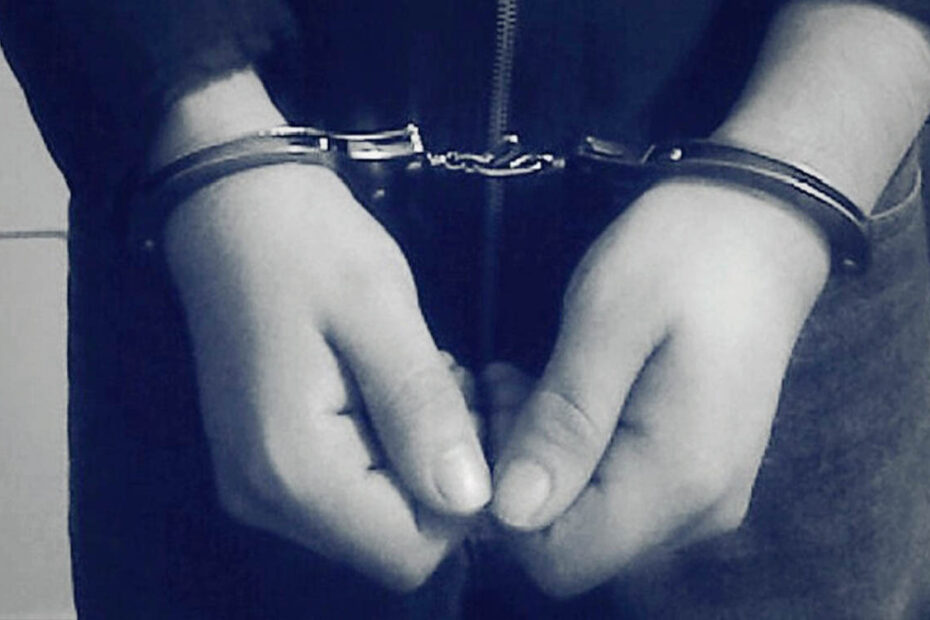By Judie Brown
In Matthew 9:12-13 Jesus set the tone for His mercy, which is coveted by anyone who understands the meaning of offending God. When the Pharisees saw Christ dining with tax collectors and sinners and asked why He was doing so, Christ said, “Those who are well do not need a physician, but the sick do. Go and learn the meaning of the words, ‘I desire mercy, not sacrifice.’”
This lesson came to mind during a recent conversation regarding the possible punitive actions that could be taken once abortion is totally outlawed in America. The variables are so numerous that devising a response to such a question is worthy of consideration.
Would it be legitimate to prosecute mothers who abort their babies in the same way a mother who killed her toddler might be prosecuted? I am thinking here of the case of Casey Anthony, whose toddler was murdered by “undetermined means.” In this case, Anthony spent three years in jail awaiting trial but was acquitted because there was not enough evidence to convict her. It seems likely that nobody will ever know.
However, perhaps the reasoning behind her acquittal is why attorneys such as Texas Alliance for Life’s Christopher Maska opine:
A law that gives mothers blanket immunity from abortion makes it more likely that an abortionist or an abortion drug dealer will be caught. Knowing this would [sic], abortionists and dealers are deterred from becoming abortionists and dealers. Laws that give blanket immunity to mothers make abortion less likely. They save more lives. As saving the lives of unborn children is the primary goal of the criminal abortion laws and the pro-life movement, the pro-life movement should not advocate for the removal of immunity for mothers in the laws that are currently doing so much to stop abortion.
While the opposite of refraining from prosecuting the mother should not be absolution—which is after all the province of a priest or the Lord Himself—it does remind us that at times expectant mothers are coerced into aborting their babies. Yet, there are those mothers who have aborted their children for other reasons. Regardless of the scenario, many of these women suffer terribly once they come to grips with the fact that their decision has resulted in the death of their own baby.
This is the reason why organizations like Rachel’s Vineyard, Focus on the Family Post-Abortion Recovery Resources, Project Rachel, Silent No More, and many other such groups exist. Among them, Sisters of Life provides one of the most beautiful messages to mothers who rue their abortion decision:
God has a unique and beautiful plan of healing for you. You don’t need to suffer alone. Abortion can leave many women and men suffering from deep guilt, shame, pain, anxiety, depression, fear, and feelings of isolation from God and others, sometimes for many years. . . . Nothing—absolutely nothing—is beyond the love and mercy of Jesus Christ. No sin is too big for Him, no darkness too great. Your abortion is not the end of the story.
The question then is not whether to prosecute or absolve the woman who has aborted her baby, it is whether we will reflect Christ’s mercy.
Each of us is called to affirm the human person—born and preborn—realizing that as sinful human beings, we too covet the love of God. We stand humbly before Him, recalling His profound words to the Pharisees in Matthew 8:7: “Let the one among you who is without sin be the first to throw a stone at her.”
